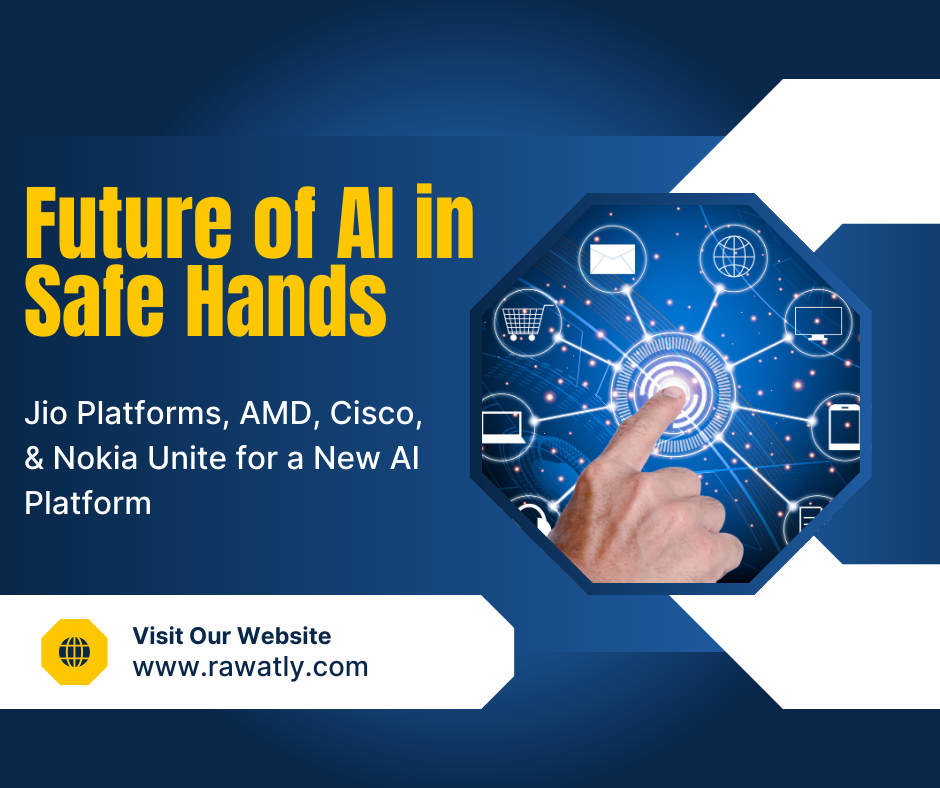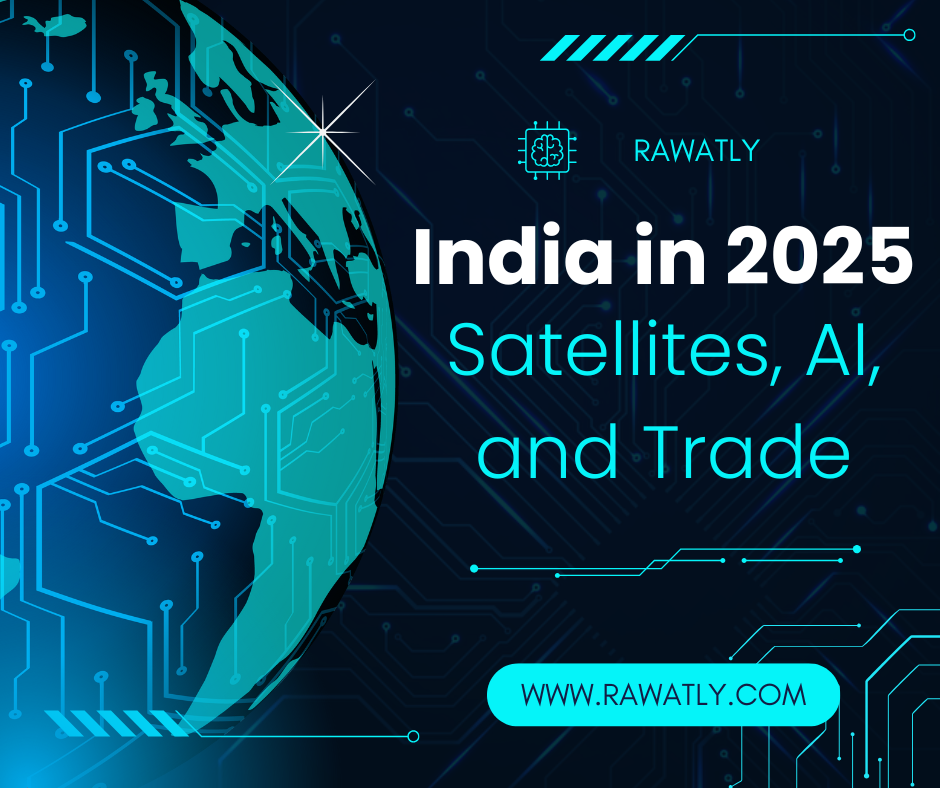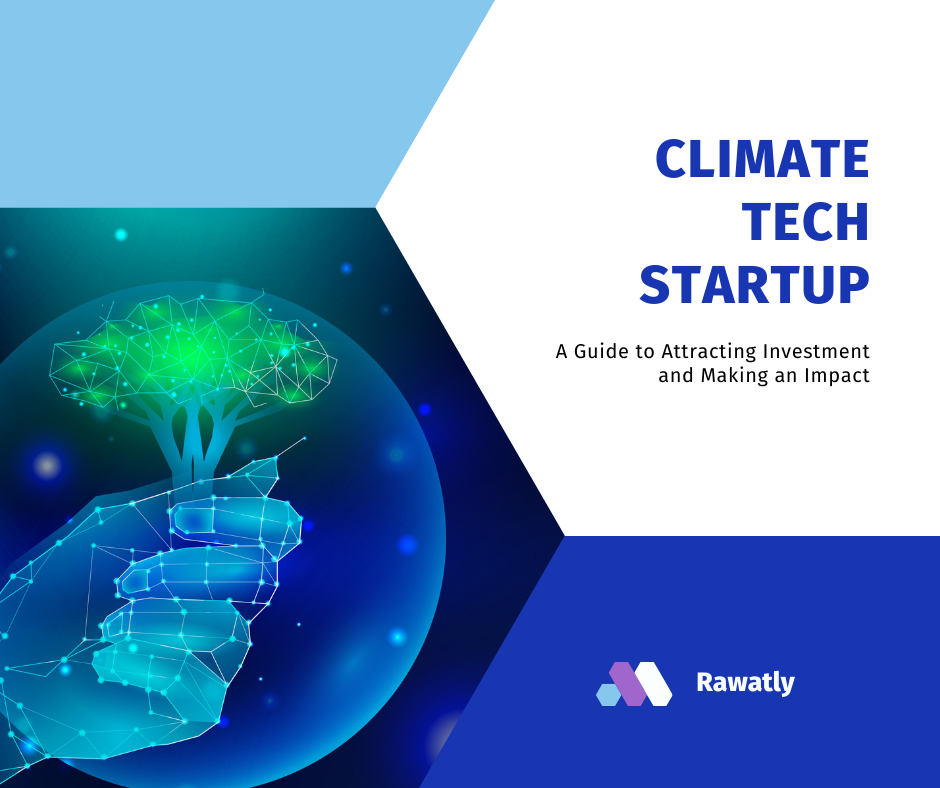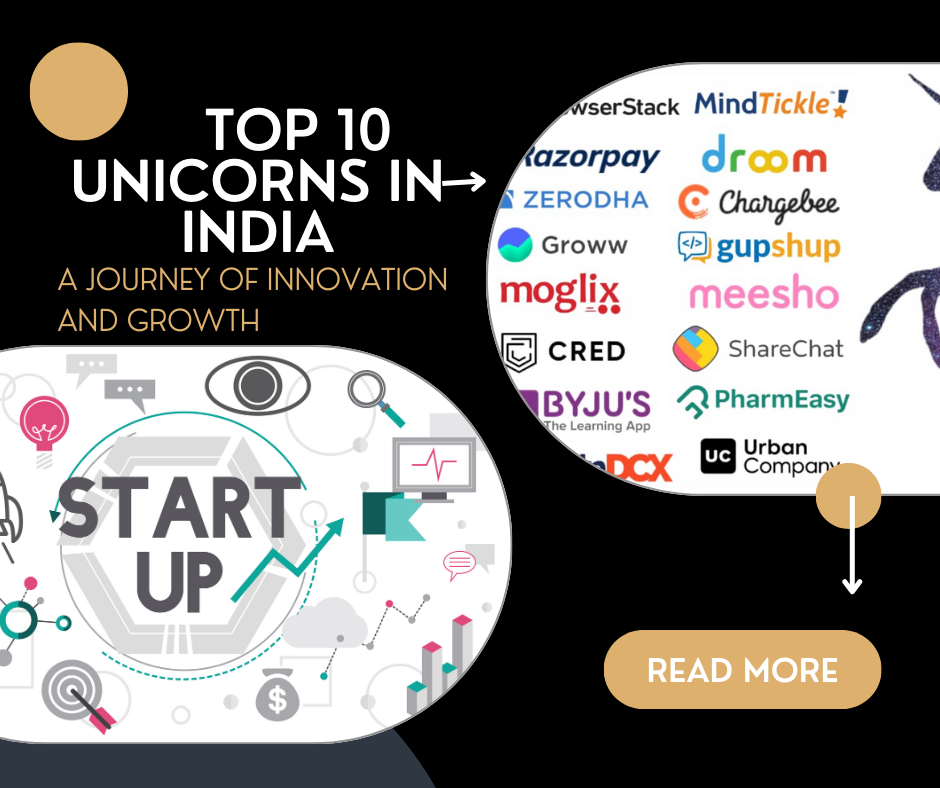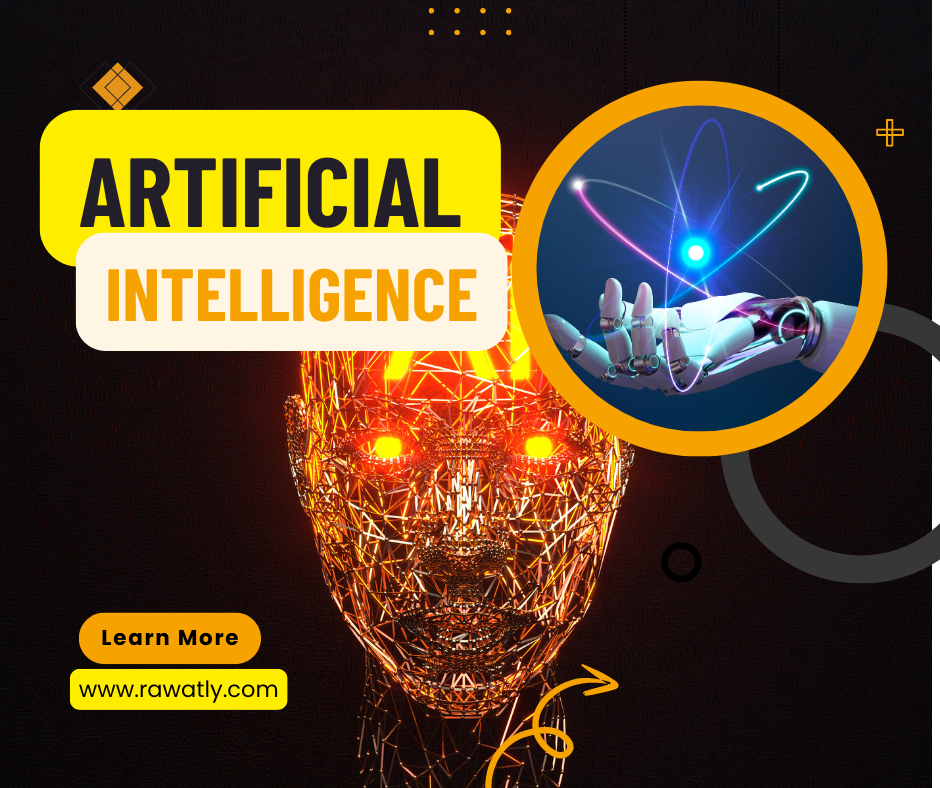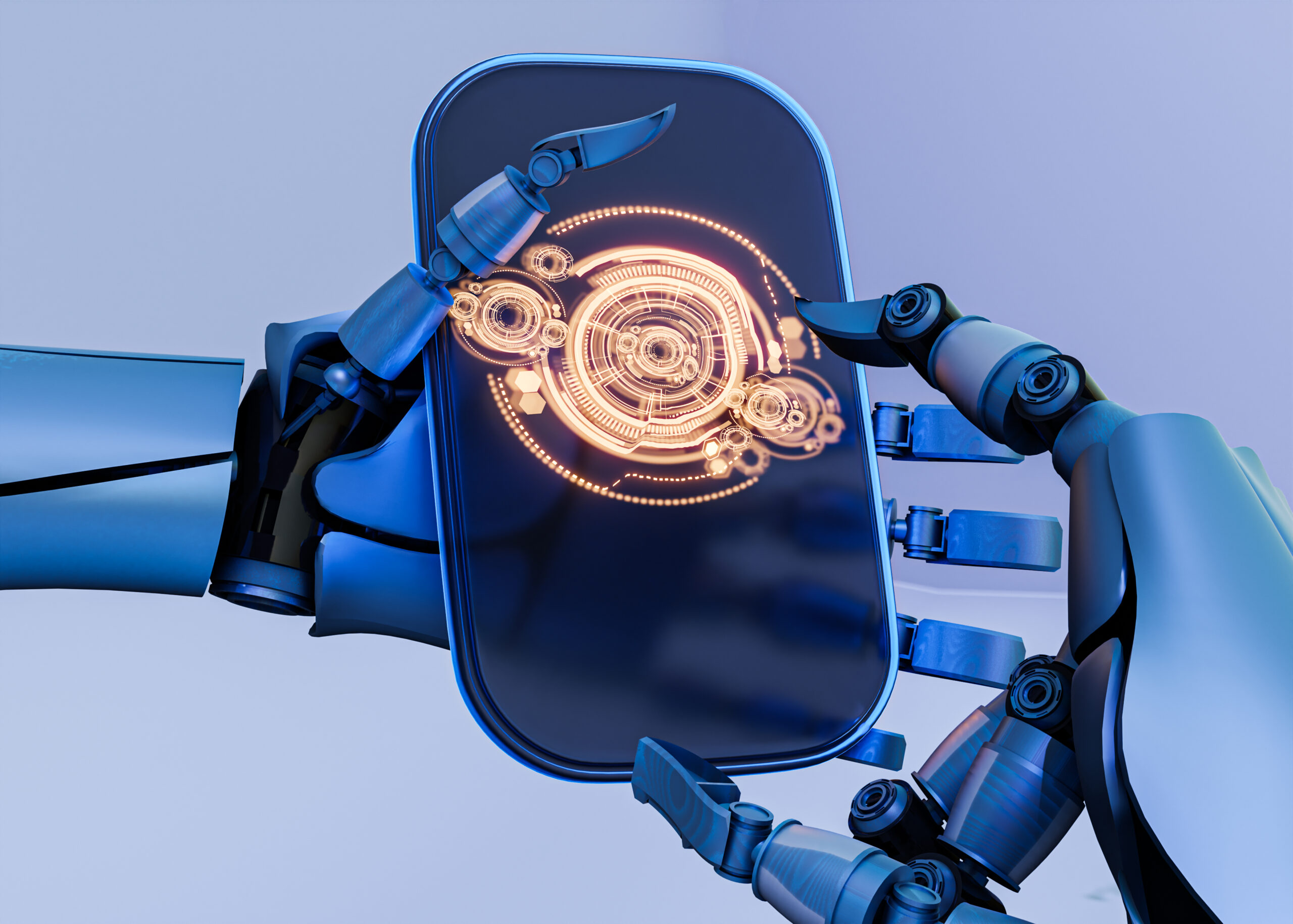
Artificial Intelligence (AI) has rapidly evolved over the past decade, transforming industries and reshaping our daily lives. As we look to the future, the next ten years promise to bring even more significant advancements and changes driven by AI technologies. From healthcare to transportation and beyond, the potential applications of AI are vast. This blog will explore key trends, emerging technologies, and the implications of AI advancements that we can expect in the coming decade.
1. Enhanced Personalization
One of AI’s most immediate impacts will be the continued enhancement of personalized experiences across various sectors. Businesses increasingly use AI algorithms to understand customer preferences and behaviors, enabling them to deliver tailored products and services.
Key Developments:
- E-commerce: Expect hyper-personalized shopping experiences where AI curates product recommendations based on individual browsing and purchasing patterns.
- Healthcare: AI will enable personalized treatment plans by analyzing genetic data, medical history, and lifestyle choices, leading to more effective and targeted healthcare solutions.
- Content Creation: From personalized news feeds to tailored entertainment recommendations, AI will refine content delivery in ways that resonate with individual users.
The 10 Stages of Artificial Intelligence: From Reactive Machines to Human-AI Collaboration
2. Autonomous Systems
The rise of autonomous systems, particularly in transportation and logistics, will be a defining feature of the next decade. Self-driving vehicles, drones, and autonomous delivery systems are set to become more prevalent as technology matures and regulatory frameworks evolve.
Key Developments:
- Self-Driving Cars: Companies like Tesla, Waymo, and traditional automakers are making strides in developing fully autonomous vehicles. By 2030, we may see widespread adoption of self-driving cars, reducing traffic accidents and improving urban mobility.
- Drones and Delivery: Autonomous drones will revolutionize last-mile delivery, making it faster and more efficient. Companies will leverage drones to deliver packages, medical supplies, and even food to remote areas.
- Robotics in Industry: AI-driven robots will enhance manufacturing and logistics operations, increasing efficiency and reducing costs through automation.
3. AI in Healthcare
The healthcare industry is poised for a significant transformation driven by AI technologies. From diagnostics to treatment planning, AI will enhance the accuracy and efficiency of healthcare delivery.
Key Developments:
- Predictive Analytics: AI will analyze vast amounts of patient data to predict health outcomes, identify at-risk patients, and improve preventive care measures.
- Medical Imaging: AI algorithms will assist radiologists in interpreting medical images with higher accuracy, leading to the early detection of diseases like cancer.
- Drug Discovery: AI will expedite drug discovery processes by analyzing biological data and predicting how different compounds interact with target proteins, potentially reducing the time and cost of bringing new drugs to market.
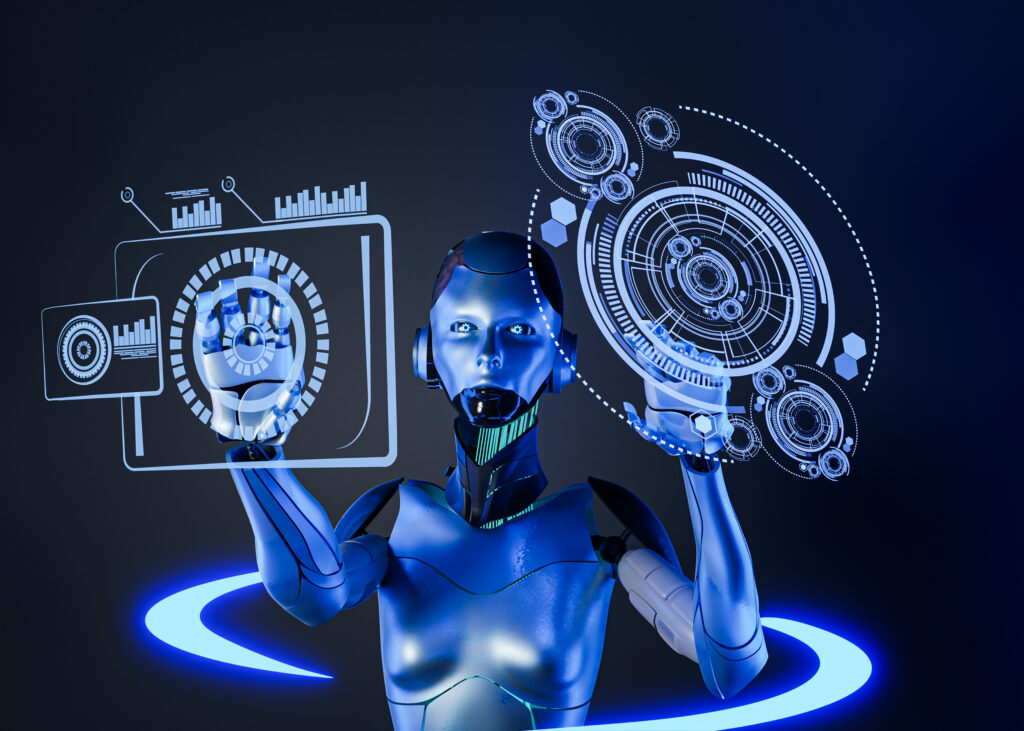
4. AI and the Workforce
As AI continues to automate tasks traditionally performed by humans, the workforce will undergo significant changes. While some job categories may diminish, new roles will emerge, emphasizing the need for a workforce skilled in AI and related technologies.
Key Developments:
- Job Transformation: Many jobs will evolve rather than disappear. Workers will need to adapt to new tools and technologies, focusing on tasks that require human creativity, empathy, and critical thinking.
- Reskilling and Upskilling: Organizations will invest in reskilling programs to help employees transition into new roles. Educational institutions will also adapt curricula to include AI and data science training.
- Human-AI Collaboration: The future workforce will likely consist of humans and AI systems working in tandem, enhancing productivity and decision-making processes.
5. Ethical and Regulatory Considerations
As AI becomes more integrated into our lives, ethical considerations and regulatory measures will take center stage. The next decade will see increased scrutiny over AI technologies and their implications for privacy, security, and fairness.
Key Developments:
- Data Privacy: Stricter regulations around data collection and usage will emerge, as individuals demand greater transparency and control over their personal information.
- Bias and Fairness: Addressing bias in AI algorithms will become a priority. Developers will need to ensure that AI systems are fair and equitable, minimizing discrimination based on race, gender, or socioeconomic status.
- AI Governance: Governments and organizations will establish frameworks for responsible AI use, focusing on accountability and ethical considerations in AI development and deployment.
6. Quantum Computing and AI
The convergence of quantum computing and AI holds immense potential for solving complex problems that are currently beyond the capabilities of classical computers. In the next decade, advancements in quantum computing could enhance AI’s ability to analyze data and make predictions.
Key Developments:
- Accelerated Algorithms: Quantum computing could significantly speed up machine learning algorithms, allowing for faster data processing and more sophisticated AI models.
- Complex Problem Solving: Industries such as finance, logistics, and pharmaceuticals could leverage quantum-enhanced AI to tackle complex optimization problems, leading to better decision-making and resource allocation.
7. AI in Everyday Life
AI will increasingly permeate our everyday lives, making tasks easier and more efficient. From smart home devices to virtual assistants, AI will continue to enhance convenience and connectivity.
Key Developments:
- Smart Homes: AI-powered devices will manage household tasks, from temperature control to security, making homes more energy-efficient and secure.
- Virtual Assistants: Personal assistants like Siri and Alexa will become more intelligent and capable, understanding context and providing more accurate information and recommendations.
- Augmented Reality: AI will enhance augmented reality experiences, allowing for more immersive shopping, gaming, and training environments.
ChatGPT Search: OpenAI Launches Real-Time Web Search to Compete with Google
Conclusion
The next ten years will be a transformative period for AI, marked by advancements that will reshape industries, enhance everyday life, and challenge societal norms. As we embrace this new era of technology, it will be crucial to address the ethical implications and ensure that AI is developed responsibly and inclusively.
While AI’s potential is vast, its success will ultimately depend on how we navigate its challenges. By fostering collaboration between technologists, policymakers, and society at large, we can harness AI’s power to create a future that benefits everyone. As we move forward, the journey of AI will not just be about technology but also about the values and principles that guide its development and use.

